
Post by : Monika
On September 29, 2025, Israeli forces continued their advance in Gaza as the conflict between Israel and Hamas showed no sign of slowing down. This comes while U.S. President Donald Trump and Israeli Prime Minister Benjamin Netanyahu are actively discussing a possible peace plan to end the nearly two-year-long war. The situation in Gaza is increasingly tense, with civilians caught in the middle of the fighting, facing severe shortages of food, water, and medical care.
The ongoing war in Gaza began in October 2023, when tensions escalated between Israel and Hamas. Since then, the fighting has claimed thousands of lives, destroyed homes, and forced hundreds of thousands of people to flee their homes. According to reports, over 66,000 Palestinians and more than 1,200 Israelis have died as a result of the conflict. The destruction has left the Gaza Strip struggling with electricity shortages, damaged hospitals, and crumbling infrastructure.
Israeli Prime Minister Benjamin Netanyahu confirmed that Israeli forces would continue their military operations in Gaza, aiming to neutralize threats posed by Hamas.
The Israeli government says its military actions are necessary to ensure the safety of Israeli citizens, especially those living near the Gaza border. Netanyahu also stated that the military is targeting Hamas's command centers and weapon storage locations while attempting to limit civilian casualties, though reports from Gaza suggest the humanitarian toll is still very high.
Meanwhile, U.S. President Donald Trump has been closely involved in efforts to end the conflict. He has met with Prime Minister Netanyahu to discuss a detailed peace plan intended to halt the fighting and address long-term security concerns. According to officials, the plan includes several major points:
Immediate Ceasefire: Both Israel and Hamas would halt military actions to stop further loss of life and allow humanitarian aid to reach civilians.
Hostage Exchange: The plan proposes that all hostages currently held by Hamas be released. In return, Israel would release a number of Palestinian prisoners, including those serving long-term sentences, as part of a broader agreement to restore peace.
Israeli Troop Withdrawal: The plan calls for Israeli forces to gradually withdraw from Gaza under internationally monitored conditions, allowing for the restoration of normal life in affected areas.
Hamas Disarmament: Hamas would be required to disarm and halt all military operations to prevent future attacks on Israel.
Transitional Government: A temporary governing body, supervised by international organizations, would manage Gaza during the transition period. This government would work on rebuilding infrastructure, ensuring the delivery of essential services, and maintaining law and order.
President Trump emphasized that the United States would support Israel fully if Hamas refuses to accept the plan. He said the peace plan is designed to end the bloodshed, allow the safe return of civilians, and lay the groundwork for a long-term solution.
Prime Minister Netanyahu expressed his strong support for the peace plan. He noted that the plan addresses Israel’s primary goals: ensuring the return of all hostages, dismantling Hamas's military capabilities, and preventing future threats from Gaza. Netanyahu also said that the plan balances Israel's security needs with the goal of reducing suffering among Palestinian civilians.
Despite these efforts, Hamas’s response to the proposed peace plan remains uncertain. Officials from Qatar and Egypt, who are mediating between the parties, are currently in communication with Hamas leaders. Hamas has not yet publicly stated whether it will accept the terms, and this decision is crucial for the success of the plan.
The humanitarian situation in Gaza continues to worsen. Thousands of civilians are trapped in areas affected by the fighting. Many families have lost their homes and are living in temporary shelters with limited access to food, clean water, and medical care. Hospitals are overcrowded, and there is a severe shortage of medicines and equipment. Humanitarian organizations have warned that without immediate intervention, the civilian population could face a catastrophic crisis.
International reactions to the situation have been mixed. Many countries and organizations have praised the peace plan as a positive step toward ending the conflict. The United Nations has called for an immediate ceasefire and stressed the need for humanitarian aid to reach civilians. However, some critics argue that the plan may not fully address the long-term political and social concerns of the Palestinian people, especially if Hamas is excluded from governance discussions.
Meanwhile, Israeli civilians continue to live under the threat of rocket attacks from Gaza. Communities near the border are on high alert, with sirens warning residents of incoming attacks. Schools have been closed in many areas, and residents are taking shelter in reinforced buildings. Israeli authorities report that the military is using precision strikes to target Hamas infrastructure, but civilian casualties remain a concern.
The conflict has also affected neighboring countries. Egypt and Jordan, both of which share borders with Gaza and Israel, have expressed deep concern about the fighting. They have offered to help mediate peace talks and provide humanitarian assistance. International organizations, including the Red Cross and UNICEF, are coordinating efforts to supply food, water, and medical support to displaced families.
Analysts warn that while the peace plan is an important step, implementing it will be challenging. Both sides have deep-rooted grievances, and trust between Israel and Hamas is extremely low. The plan requires both parties to make significant compromises, including disarmament, prisoner releases, and governance changes, which could be difficult to achieve without strong international oversight.
In addition to political and military challenges, there are social and economic issues that must be addressed. Gaza’s economy has been devastated by the conflict. Businesses have closed, unemployment is extremely high, and access to basic services is limited. Rebuilding the region will require coordinated efforts from international donors, governments, and aid organizations.
Despite the challenges, there are cautious signs of hope. The involvement of the United States and other international actors indicates a commitment to finding a peaceful resolution. If Hamas accepts the peace plan and both sides adhere to the agreed terms, there could be an end to the fighting and a path toward rebuilding Gaza.
Experts say that the next few weeks will be crucial. Hamas’s decision to accept or reject the plan will determine whether there will be a ceasefire or continued violence. If the plan is rejected, Israel has indicated it may continue its military campaign, which could further worsen the humanitarian situation.
For civilians in Gaza, the most urgent concern is survival. Access to food, water, shelter, and medical care is critical. Many families are relying on international aid, but supplies are limited and often delayed due to the ongoing fighting. Humanitarian organizations are urging both sides to allow safe passage for aid convoys to reach the most affected areas.
In Israel, citizens are hoping for a quick resolution to the conflict. Communities near Gaza are experiencing the psychological and physical impact of constant rocket attacks. Schools, workplaces, and daily life have been severely disrupted, and residents are looking to their government and international partners for a solution that ensures long-term security.
The peace plan proposed by Trump and Netanyahu is ambitious, aiming to address both immediate and long-term issues. It seeks to stop the fighting, facilitate the safe return of hostages, establish governance structures, and set the stage for rebuilding Gaza. However, its success will depend on cooperation, trust, and commitment from all parties involved.
In conclusion, the situation in Gaza remains serious and complex. Israeli forces continue their advance, while international leaders push for a diplomatic solution. The proposed peace plan offers a possible path to ending the conflict, but its acceptance by Hamas is crucial. Civilians on both sides face severe challenges, and humanitarian aid is urgently needed to prevent further suffering. The coming days and weeks will be critical in determining whether peace is possible or if the conflict will continue to escalate.
The world is watching closely as efforts for a ceasefire and lasting peace continue. Governments, international organizations, and humanitarian agencies are all involved in trying to support civilians and facilitate negotiations. The hope is that through dialogue, compromise, and international support, the war in Gaza can finally come to an end, allowing people on both sides to rebuild their lives and communities.
Israel Gaza Hamas
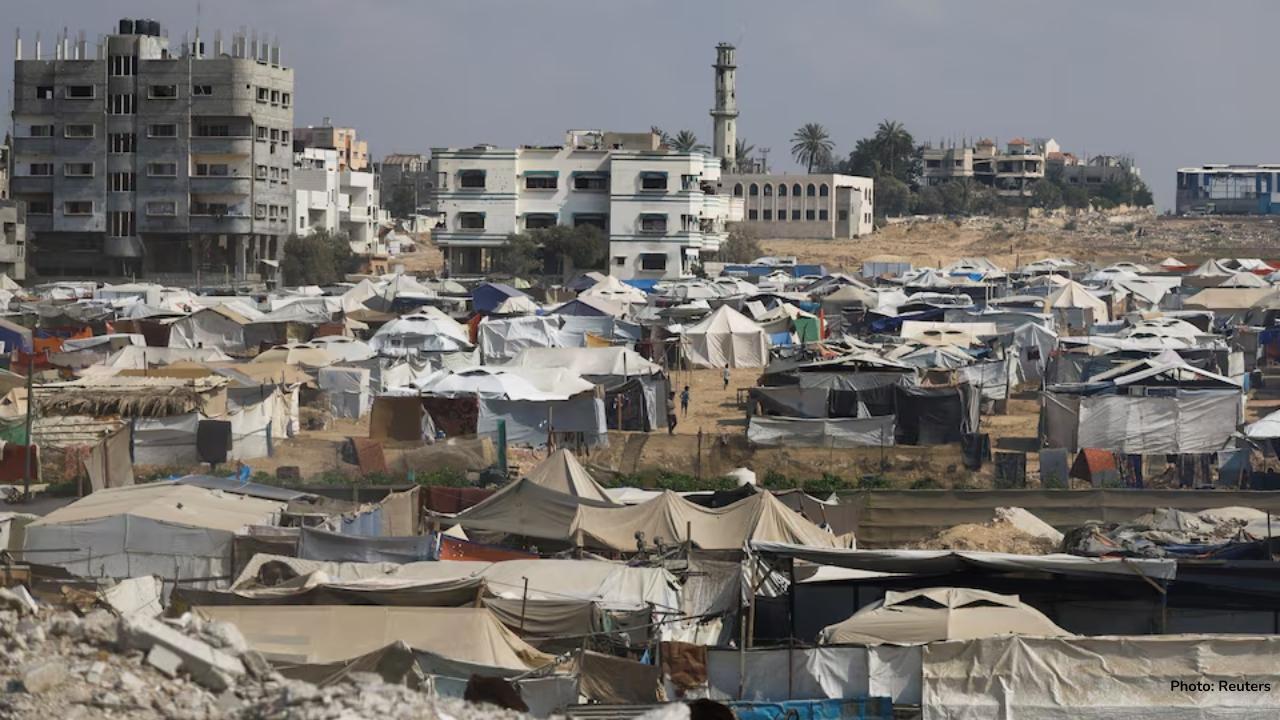
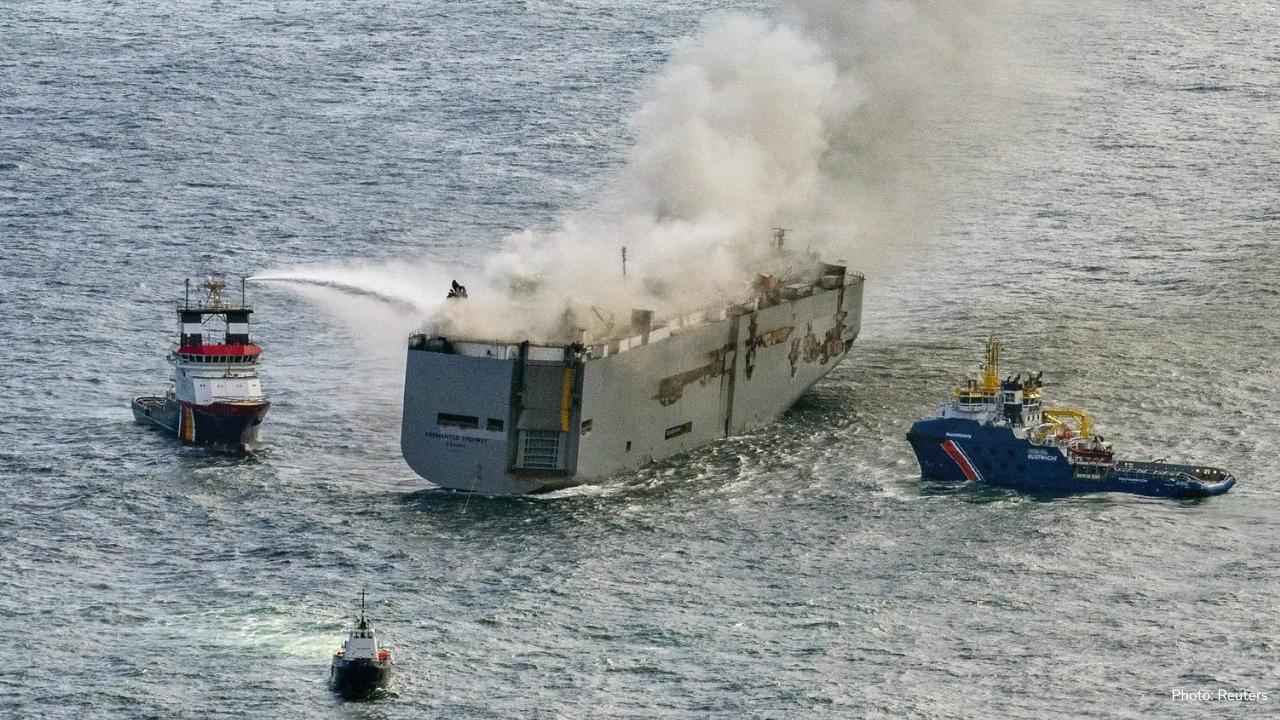

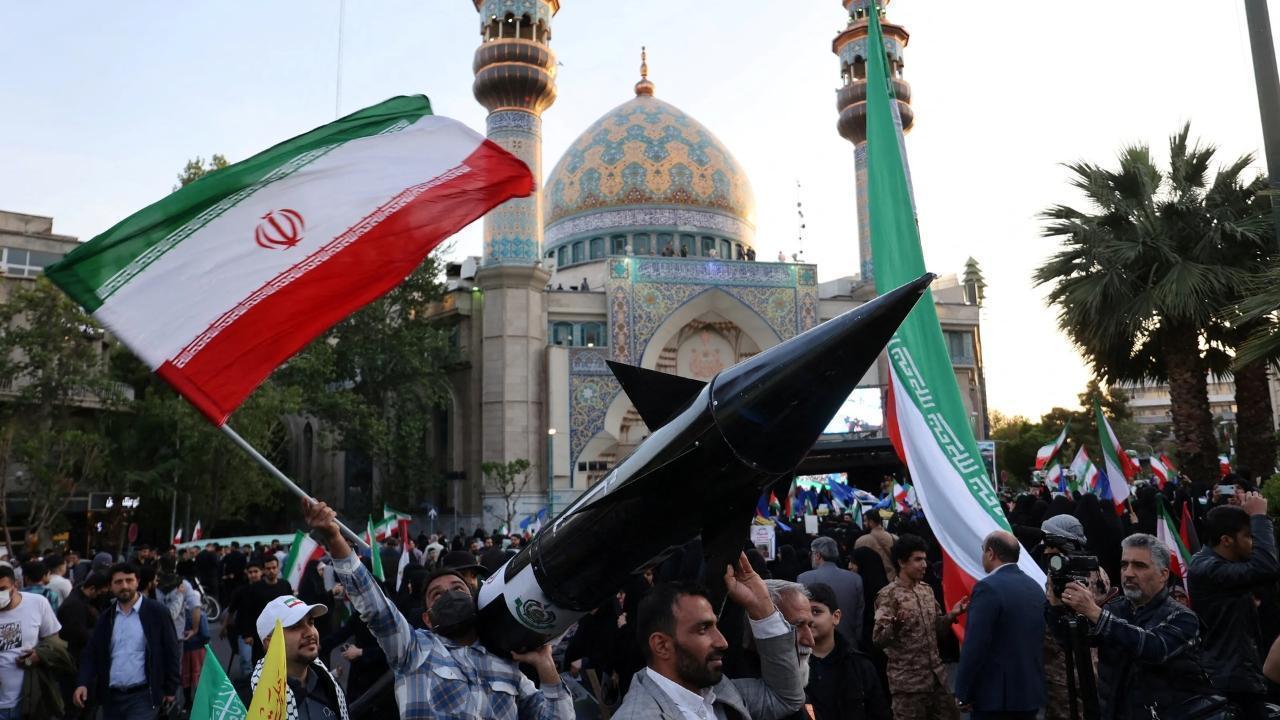
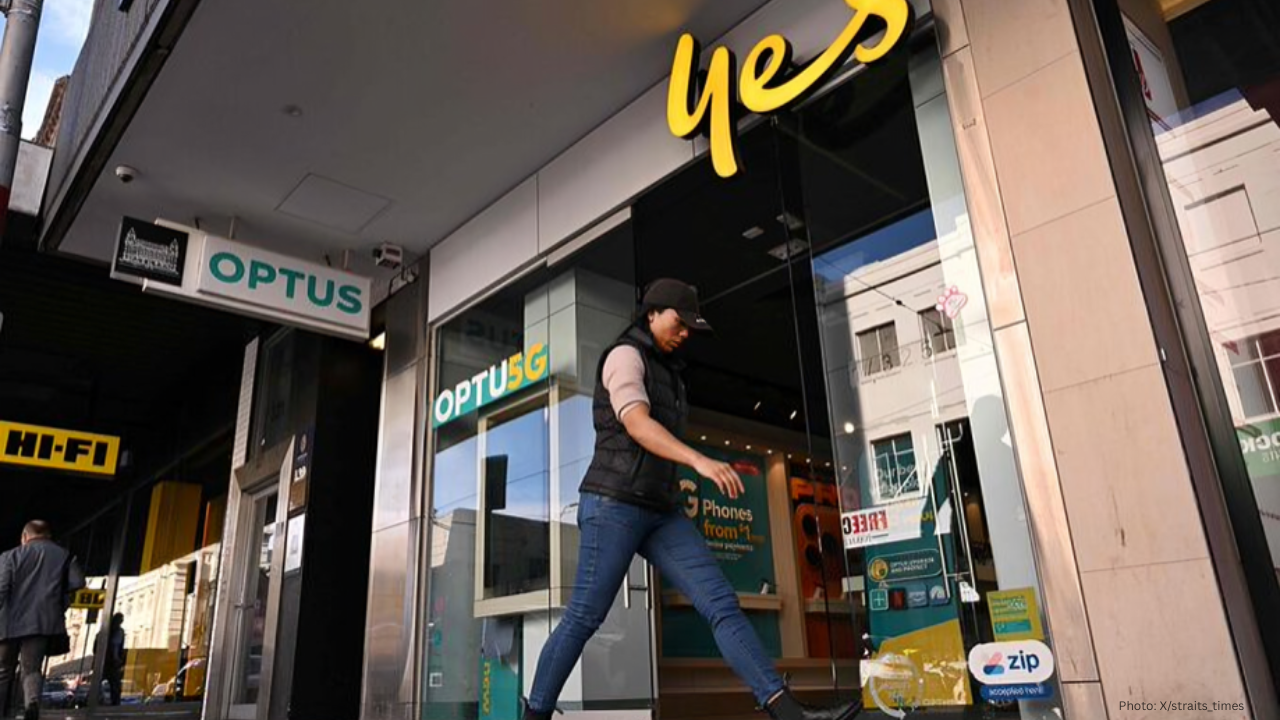


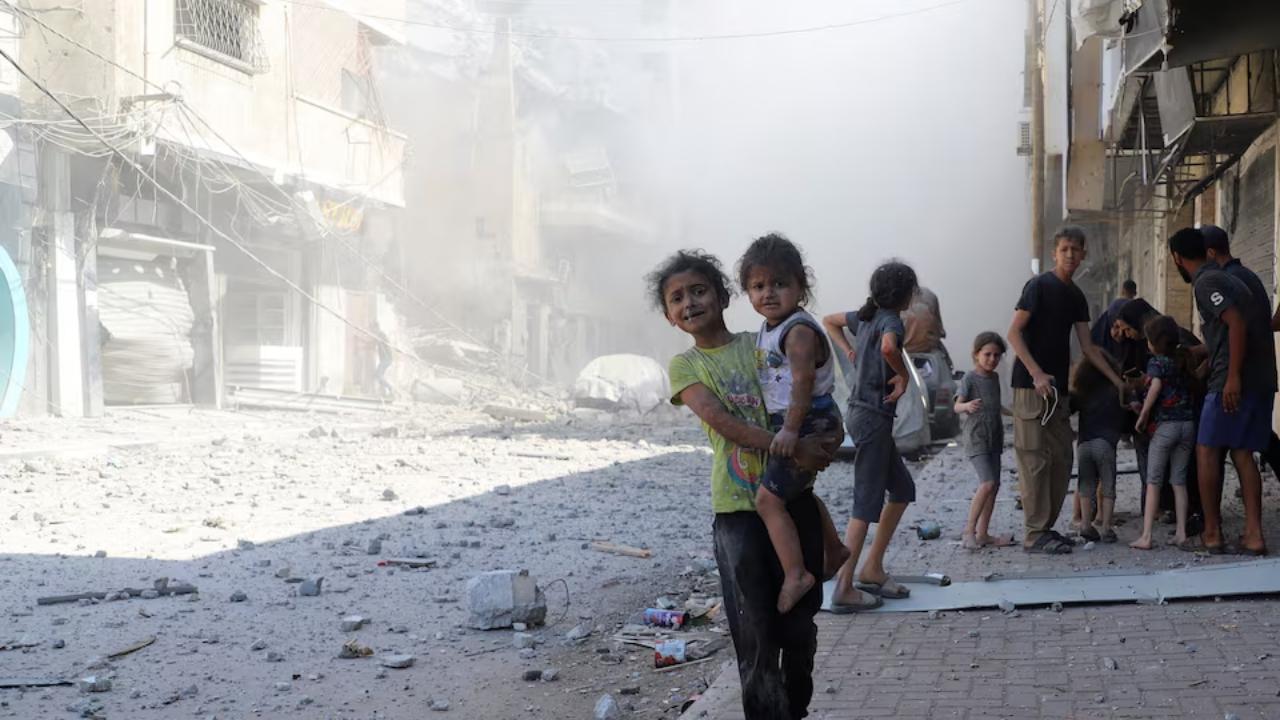


Palestinian Authority's Role in UN Two-State Plan Explained
UN-backed plan outlines Palestinian Authority's role in Gaza governance, peace efforts, and state-bu

Dutch Ship Hit by Explosion Near Yemen, Crew Rescued
Dutch-flagged cargo ship Minervagracht attacked near Yemen's Aden; two crew injured, vessel on fire,

UAE Urges Netanyahu to Support Trump’s Gaza Peace Plan
UAE calls on Netanyahu to back Trump's Gaza peace plan and warns against West Bank annexation, empha

US Deports 100 Iranians After Agreement with Tehran
The U.S. has deported 100 Iranians to Iran following a deal with Tehran. A U.S. flight departed from

Trump and Blair Lead New Gaza Peace Plan
U.S. unveils peace plan for Gaza with Trump and Blair leading. Hamas excluded. Plan includes ceasefi
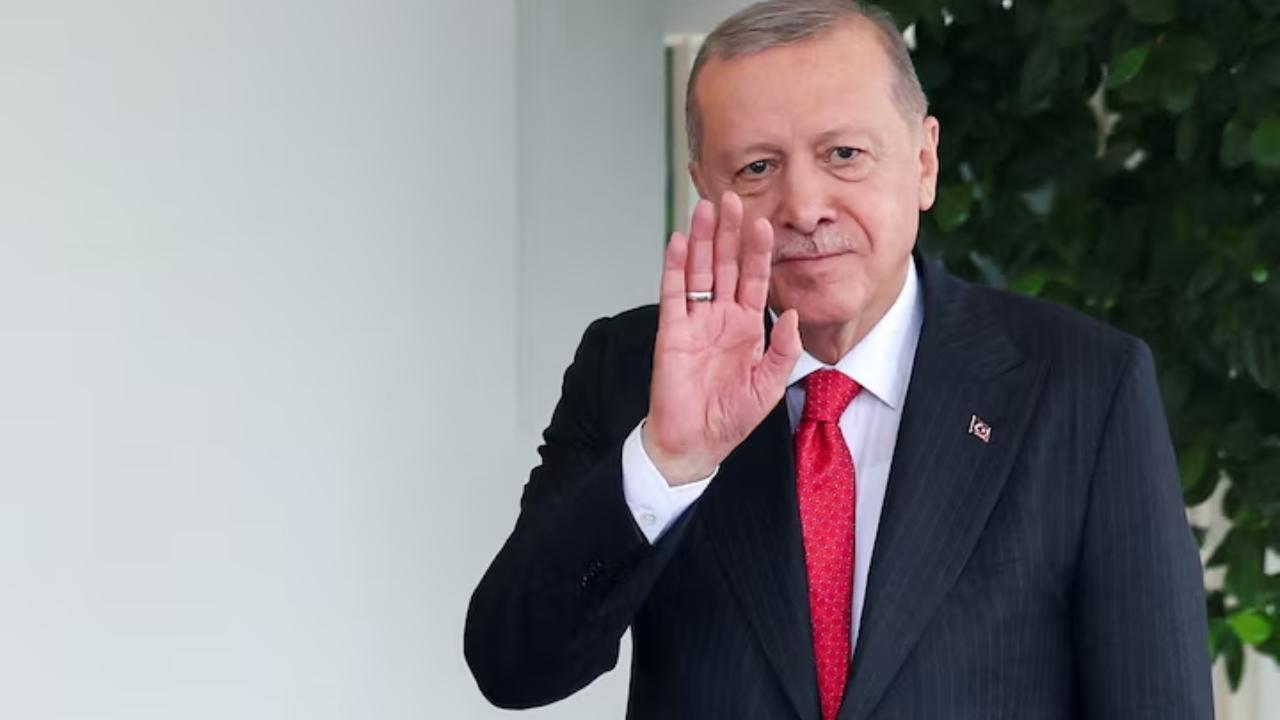
Erdogan Praises Trump's Efforts to End Gaza War
Turkey's Erdogan commends Trump's leadership in securing Gaza peace deal. Hamas's response pending.